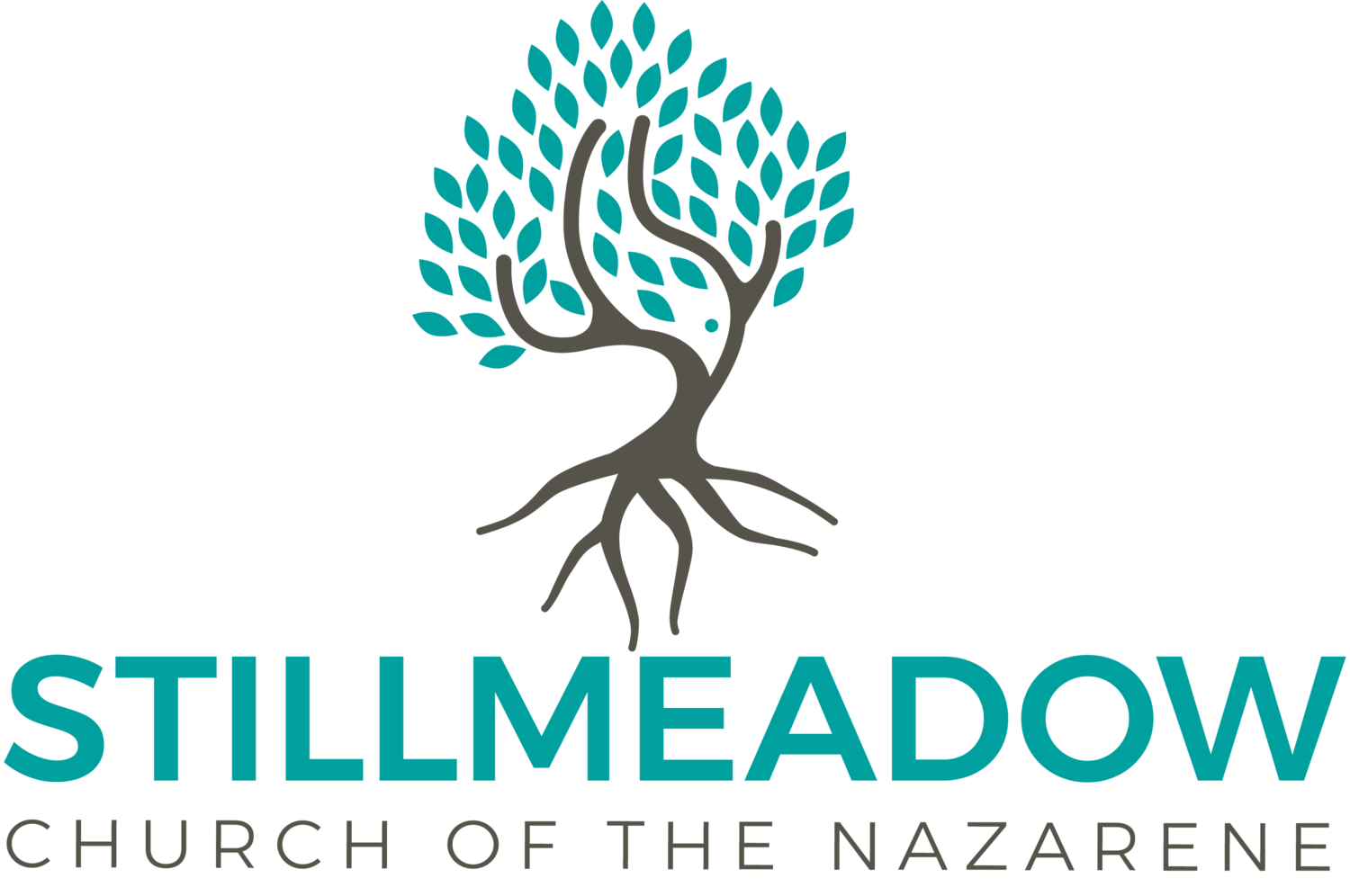Gardens Part 13-Lament the Brokenness
2 Corinthians 7:2-13
In our efforts to build bridges and tear down walls, we must acknowledge and lament what is broken in our world in order to be a part of God’s fix for our world.
In 2 Corinthians 7:8-11 Paul describes two ways of lamenting: Worldly Sorrow which “brings death” and Godly Sorrow which “brings repentance that leads to salvation and leaves no regret” (7:10)
Worldly Sorrow is characterized by…
Despair
Denial
Defensiveness
Godly Sorrow is characterized by…
Hope
Honesty
Humility
Repentance is a lifestyle for believers. It is daily turning from our broken ways and unlearning our broken thoughts; it is daily turning to God’s restoring ways and learning God’s healing thoughts.
Lament is part of the repentance lifestyle. It is feeling the brokenness in the world, crying out to God about it, trusting Him with and joining Him in the restoration and reconciling process.
How to pray with godly sorrow…
In your own relationships, ask God to give…
Hope where there is despair:
a. God, renew my hope for ______.
Honesty where there is denial:
a. Jesus, I need your help with the pain that came from ______.
b. Jesus, I know I caused pain when I ________.
Humility where there is defensiveness:
a. Spirit, give me grace to stop being defensive about ______.
b. Spirit, give me grace to start being humble towards ______.
What about you?
What habit(s) do you need to bring into your growth plan to grow in your relationships?
A couple suggestions:
Find a prayer partner
Join a small group
Fast from defensiveness
Prayer walk around areas of brokenness
Serve in a way to disrupt brokenness
Explore more ideas on how to cultivate growth in the Relationship Garden with the Growth Plan at:
—FOR FURTHER STUDY—
For Further Study on 2 Corinthians:
Bible Project’s Summary
https://bibleproject.com/explore/video/2-corinthians/
Theology of Work’s Exploration
https://dev.theologyofwork.org/new-testament/2-corinthians
Especially the article on “Working with Unbelievers.”
For Relationship Guidance from RightNow Media:
“Find Your People”
Jennie Allen
https://app.rightnowmedia.org/en/content/details/524867
“Real Relationships”
Les and Leslie Parrott
https://app.rightnowmedia.org/en/content/details/894
Free RightNow Account: www.stillnaz.com/rightnow
Message Reflection Questions
Begin with silence.
What did God say to you through the message?
How would you describe the relational dynamics of Paul and the Corinthian church family in 2 Corinthians 7:2-13a?
What is the difference between godly sorrow and worldly sorrow in 7:8-11? Why is that important for relationship building?
What does godly sorrow look like in the face of relationships in the home, workplace and school?
What does godly sorrow look like in the face of ongoing troubles of the world (poverty, abuse of power, school shootings, racism, refugee crises, etc)?
Review the relationship habits in the growth plan. Which of these (or any you can think of) would you like to add or grow in?
Close in prayer. Include prayers for the brokenness in our homes, workplaces and world. Ask God for renewal and revival in you, in Stillmeadow and in the church in America.
DAILY READINGS
For the Relational Garden series, we’re reading through the second letter to the Corinthians, to whom Paul was appealing for reconciliation and collaboration.
Monday: 2 Corinthians 11:1-15
Tuesday: 2 Corinthians 11:16-33
Wednesday: 2 Corinthians 12:1-10
Thursday: 2 Corinthians 12:11-21
Friday: 2 Corinthians 13:1-10
Saturday: 2 Corinthians 13:11-14
Helpful Instructions for reading
Start with silence. Recognize that the Jesus Paul talks about is the Jesus who is with you now.
Thank God for something that happened in the last 24 hours.
Read the verses. Ask: What is God saying about how we relate to Him and how we relate to others in this passage?
Review the memory verse for the series: 2 Corinthians 5:18-19.
Finish in prayer for yourself, your family, your neighbors, your co-workers, your church. Pray through the nations at www.prayercast.com/nations.html.

